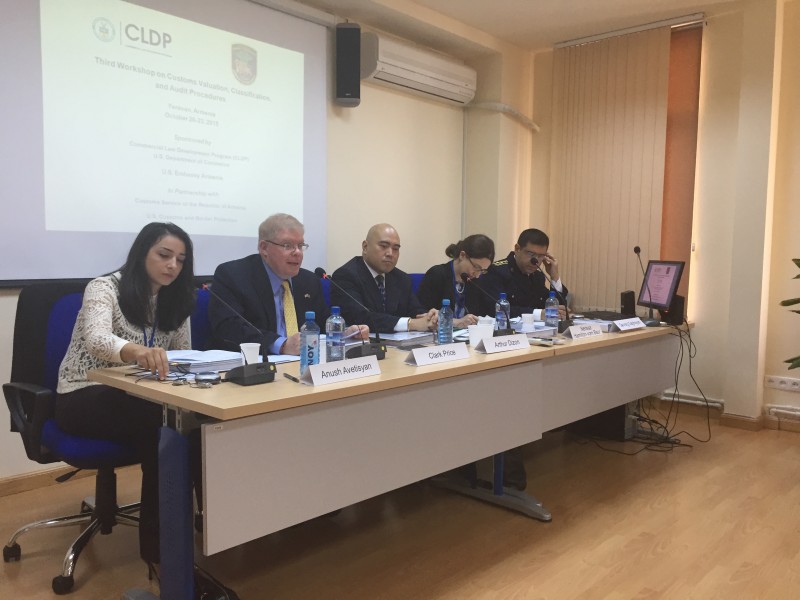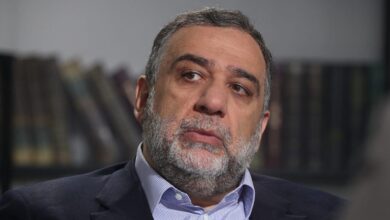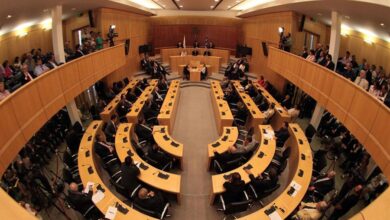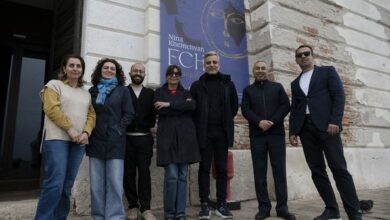U.S. Department of Commerce and Customs Service of Armenia hold Workshop on customs procedures

Starting Tuesday, October 20, 2015, the U.S. Department of Commerce’s Commercial Law Development Program (CLDP), and the U.S. Customs and Border Protection (CBP), in cooperation with the Customs Service of the Republic of Armenia, will hold the third in a series of workshops on Customs Valuation, Classification, and Customs Procedures. Participants in the three-day-long workshop will include 30 Armenian customs officials, many of whom have attended the first two workshops. Two CBP officials will lead the workshop, which will address classification, valuation, and customs audits.
This program will build upon discussions that arose during the first two workshop sessions. It will include presentations, exercises, and group discussions on valuation issues, risk assessment, the targeting of audit candidates, importer self-assessments, audits when information and evidence are not fully available, improvements of audit efficiency, and classification of specifically identified tariff lines and goods.
The goal of this program is to further increase the professional qualification of customs officials in Armenia and to ensure that Armenian customs processes are in line with international customs rules and practices embodied in the General Agreement on Tariff and Trade (GATT), the World Trade Organization (WTO) Customs Valuation Agreement, and the World Customs Organization (WCO) guidelines.
“The U.S. Government believes that modernized and harmonized customs procedures are increasingly important to a country’s ability to attract foreign direct investment,” said Mr. Clark Price, the Deputy Chief of Mission of the U.S. Embassy in Yerevan, who opened the workshop. “Without fair and transparent customs processes, business owners can be hesitant to invest, not knowing what they’re getting into. But by creating clear, open customs procedures, the Government of Armenia enhances its appeal as a destination for international investment.”
The first of these workshops took place in December 2013 and covered topics such as valuation, select issues in transaction value, classification under the Harmonized System, trade resources, and revenue maintenance. The second workshop, in November 2014, addressed transaction value, appointment of assists, valuation of royalties and proceeds, valuation of identical or similar goods, risk assessment and management, the deductive value method, post-importation verification, the computed value method, and the fallback method.








